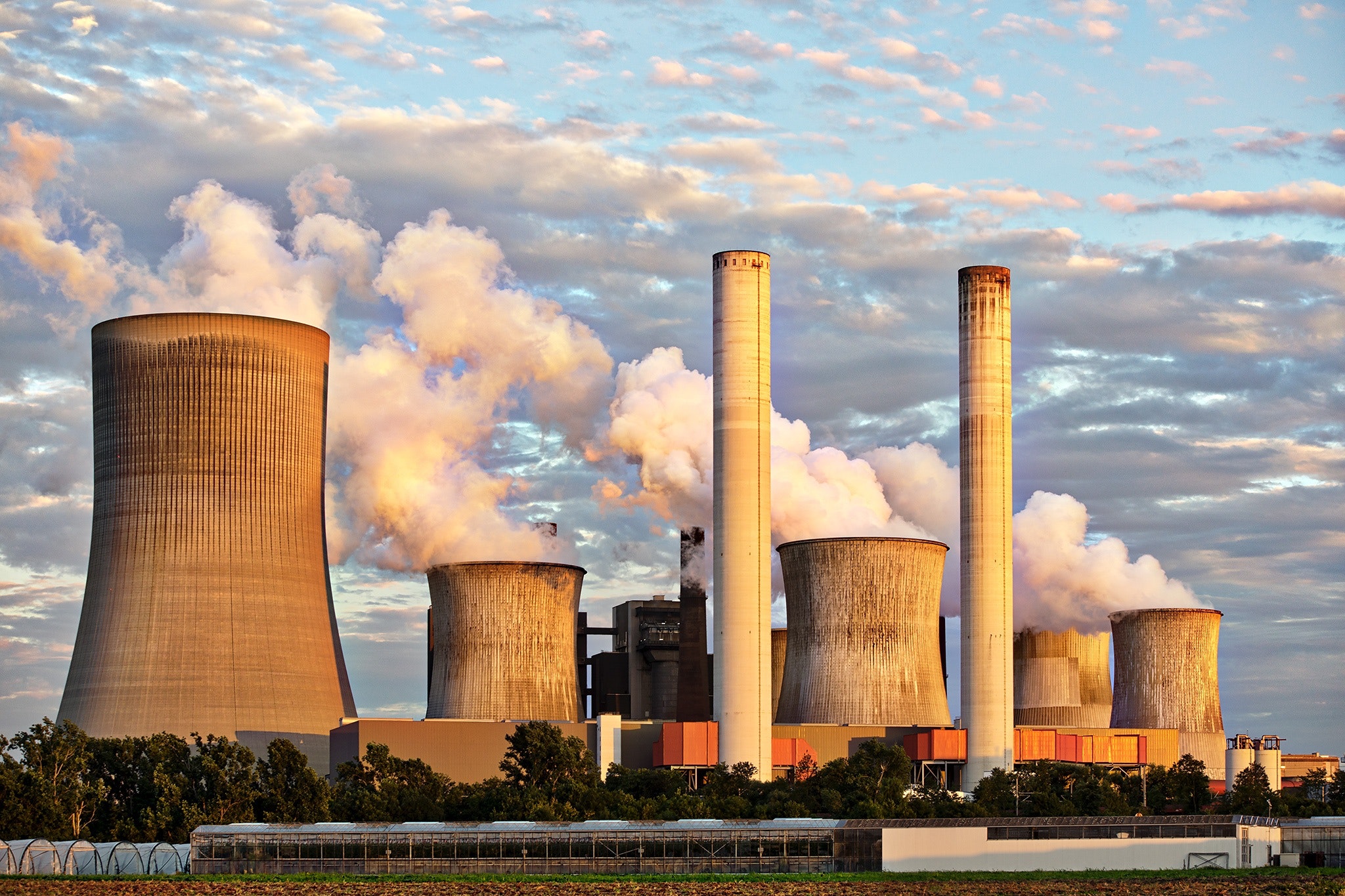Angola Seeks Chinese Financing to Boost Imports Amid Economic Diversification
Angola requires increased Chinese financing to absorb more Chinese-made goods, such as solar panels and electric cars, according to Angola's finance minister. This comes as the nation evaluates bids from Beijing and Europe amid economic diversification efforts following its OPEC exit. Competition from Europe is intense, with Western nations offering financing in exchange for imports.

Angola needs more Chinese financing to absorb a greater volume of Chinese-made goods like solar panels and electric cars, Finance Minister Vera Daves De Sousa stated on Tuesday. The minister highlighted that Angola is currently weighing bids from both Beijing and Europe as it strives to diversify its economy post-OPEC exit.
Last year, China approved $4.61 billion in loans to Africa, marking the first annual rise since a peak of $28.4 billion in 2016. At the time, Angola received 68% of the Chinese loans. With a growing debt crisis and a pressing need for faster financing, Angola looks to strengthen its finances and improve food security, according to Daves De Sousa.
The country, with its rich reserves of base metals and agricultural resources, has predominantly focused on oil, which constitutes 95% of its exports. China has shown interest in helping Angola modernize its agricultural sector and diversify its economy, though it faces stiff competition from European bidders.
Daves De Sousa emphasized that a balanced financing solution is critical. "If Angola's fiscal revenues were stronger, enabling us to choose based on quality and price, our discussion would be different," she said.
Besides financing for short-term inflation control and job growth, Beijing's offer must ensure the sustainability of Angola's industrial sectors, Daves De Sousa added. Otherwise, Europe, which has been more forthcoming with financing, may edge out China.
The U.S. and Europe argue that China has overcapacity in sectors like electric vehicles and solar panels. With Western restrictions on Chinese exports imminent, Beijing is eager to find new markets, particularly in Africa.
China, the world's largest bilateral lender, has been revising its loan conditions to Africa, focusing more on funding solar farms and EV plants and less on large infrastructure projects. Not seeking more loans, Angola is looking towards private-sector engagements and public-private partnerships for its future financing.
"We need innovative solutions beyond traditional financial models," Daves De Sousa concluded.
(With inputs from agencies.)
- READ MORE ON:
- Angola
- China
- financing
- economy
- solar panels
- electric cars
- OPEC
- Europe
- investment
- diversification










